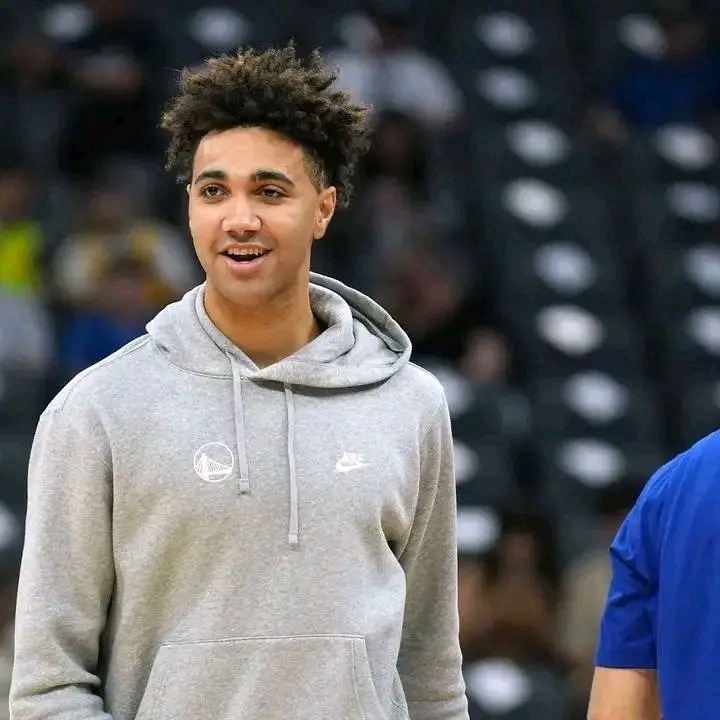
Tennessee Volunteers Football Legend, Peyton Manning has been named as one of the 100 most influential people in sports by TIME 100 magazine, marking a milestone that cements his reputation and…….
In a moment that feels both inevitable and exhilarating, Tennessee Volunteers football legend Peyton Manning has been named one of the 100 most influential people in sports by TIME magazine. This prestigious recognition is more than just an accolade—it’s a testament to Manning’s enduring legacy, a milestone that cements his reputation as a transformative figure in American sports and beyond. From his record-breaking days on the gridiron to his charismatic off-field presence, Manning’s influence resonates far beyond the end zone, shaping the game and inspiring generations.

Born in New Orleans, Louisiana, Peyton Manning was destined for greatness. The son of NFL quarterback Archie Manning and brother to Eli Manning, football was in his blood. Yet, it was at the University of Tennessee where Manning truly began to carve his name into the annals of sports history. As a Volunteer, he redefined what it meant to be a quarterback, blending cerebral precision with raw athletic talent. Leading Tennessee to an SEC Championship in 1997, Manning threw for 3,819 yards and 36 touchdowns that season, earning the Maxwell Award and finishing as the Heisman Trophy runner-up. His poise under pressure and unmatched work ethic made him a legend in Knoxville, where “Manning” is still synonymous with excellence.
HBAgencyHBAgency
Transitioning to the NFL, Manning’s impact only grew. Drafted first overall by the Indianapolis Colts in 1998, he became the face of the franchise and, eventually, the league. Over his 18-year career, Manning shattered records with surgical precision: five NFL MVP awards, two Super Bowl championships (with the Colts and Denver Broncos), and a staggering 71,940 passing yards, the third-most in NFL history. His ability to read defenses, audible at the line, and elevate his teammates revolutionized the quarterback position. Manning wasn’t just playing the game—he was rewriting its playbook.
But TIME’s recognition isn’t solely about statistics or championships. Manning’s influence extends far beyond the field, into the cultural and societal fabric of sports. After retiring in 2016, he didn’t fade into obscurity like so many athletes. Instead, he reinvented himself as a media mogul, philanthropist, and ambassador for the game. Through Omaha Productions, Manning has become a storytelling powerhouse, producing Emmy-winning content like the Manningcast, an alternate Monday Night Football broadcast where he and brother Eli offer witty, insightful commentary. The Manningcast has redefined sports broadcasting, blending humor, expertise, and relatability in a way that captivates fans old and new. It’s no wonder ESPN calls it “appointment viewing” for football enthusiasts.
Manning’s off-field endeavors are equally impactful. His PeyBack Foundation, established in 1999, has donated millions to support at-risk youth in Tennessee, Indiana, and Colorado, providing opportunities through education and sports. His commitment to giving back mirrors the same discipline he brought to football, earning him admiration as a role model who leads by example. Whether he’s mentoring young quarterbacks or hosting charity events, Manning’s influence is a masterclass in using fame for good.
What makes Manning’s inclusion in the TIME 100 so compelling is his ability to transcend sports. He’s not just a football icon; he’s a cultural phenomenon. His folksy charm, showcased in countless commercials for brands like Nationwide and Papa John’s, has made him a household name. His self-deprecating humor—remember those Saturday Night Live skits?—endears him to audiences who might not know a touchdown from a field goal. Manning’s universal appeal lies in his authenticity, a rare quality in an era of polished personas.
This TIME 100 honor also underscores Manning’s role in shaping the future of sports. His production company’s ventures, like Peyton’s Places, explore the heart and history of football, connecting fans to the game’s roots while inspiring its next chapter. By mentoring young athletes and advocating for the sport’s integrity, Manning ensures that his influence will ripple for decades.
As Tennessee fans chant “Sweet Caroline” in Neyland Stadium, they’re not just celebrating a team—they’re honoring a legacy that Manning helped build. His TIME 100 recognition is a reminder that true influence isn’t measured in yards or rings alone, but in the lives touched, the barriers broken, and the stories told. Congratulations, Peyton Manning, on a milestone that immortalizes your greatness. The game, and the world, is better because of you.





